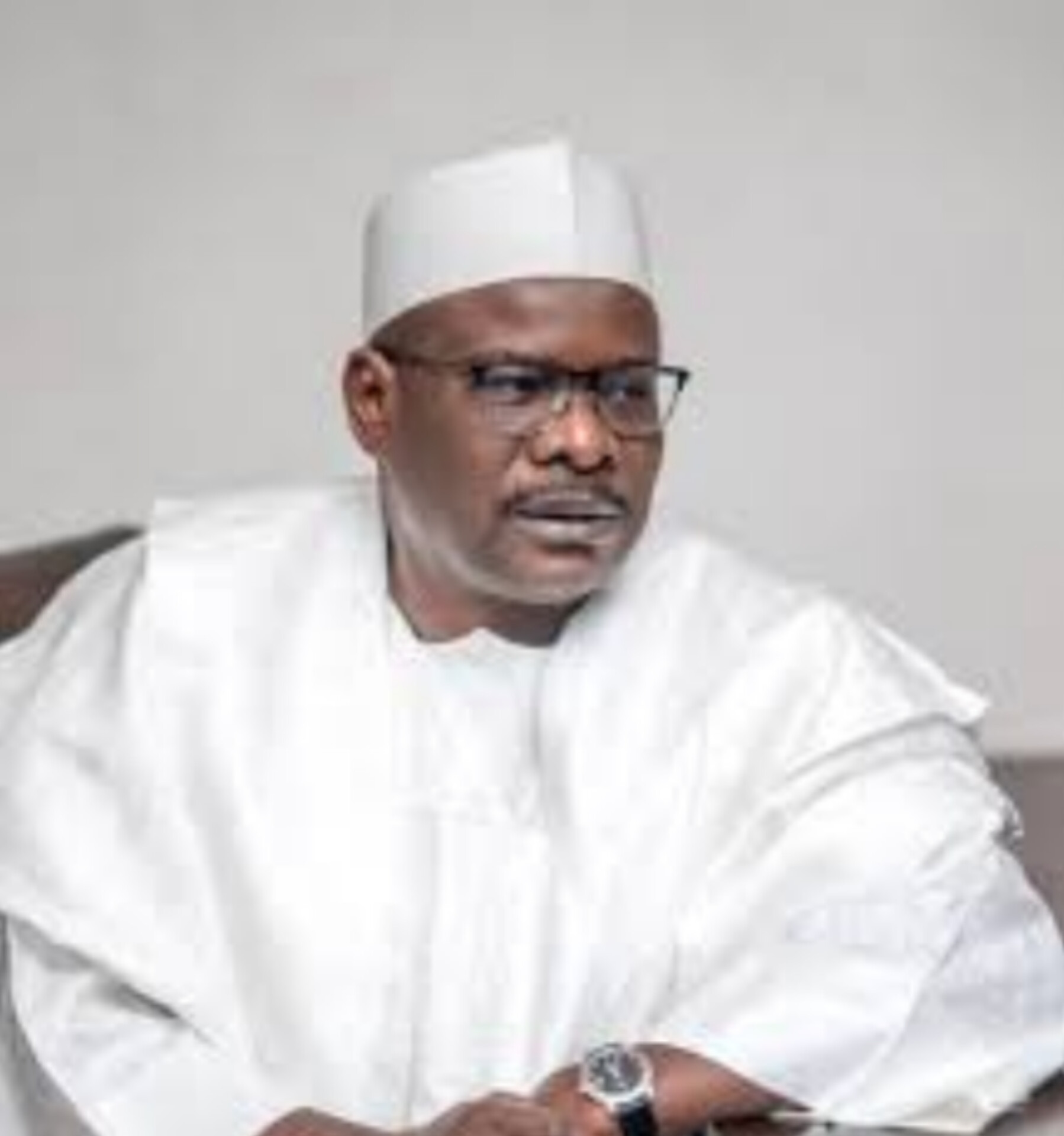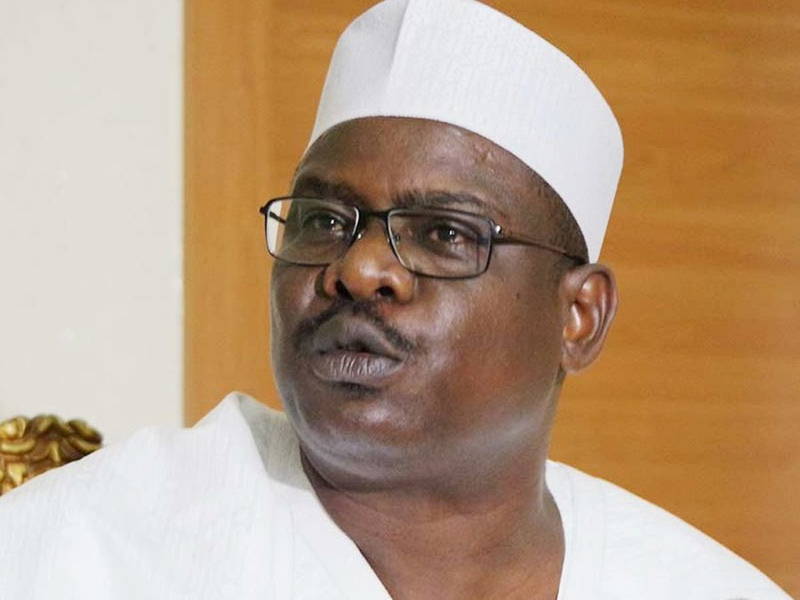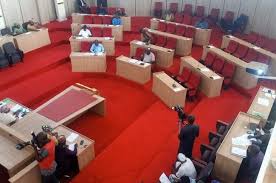The Senator representing Borno South, Ali Ndume, has dispelled the insinuations that the upgrade of the Muhammadu Buhari Airport in Borno to an international status will pose security risk to passengers over the danger of terrorist invasion.
He also countered fears of possible kidnap of passengers traveling through the airport, insisting that “Borno is safer than many places in the country.
“It is safer than Abuja where people are no longer safe, and even the South where unknown gunmen and others are disturbing.”

The Borno South lawmaker who argued for the need for an airport in the northeast with world class standard runways and tarmac to allow for international air travels, stressed that the economic significance of the state which he said borders Chad, Cameroun, and Niger can not be under estimated
He added that the route will make international flights from the northeast easier, as he maintained that “Boko Haram is less than the problem of banditry in the northwest, IPOB in the Southeast and armed kidnapping in the Southwest.”
His remarks came following a motion he earlier sponsored on the floor of the Red Chamber on Wednesday.
He further maintained that “The presence of an International Airport in Maiduguri will enhance efficient and effective movement of goods and people from Nigeria and across the world and reduce excess pressure on the road and infrastructure within the zone.”
This is as he insisted that “the total land area of Maiduguri Airport can conveniently accommodate a standard international Airport, even as hosting an International Airport in Maiduguri will propel the tourist sector and provide a communication link which is vital between different groups of people within the region.”
Accordingly, the Senate urged the Aviation Minister to start the process of upgrading the facility for international operations.
It also mandated its committee on Aviation to keep track of the situation and report to the Upper Chamber within eight weeks.




